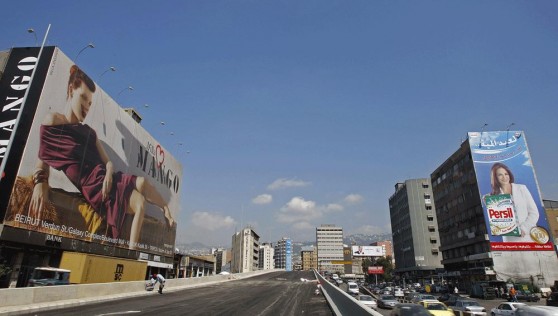Why the Lebanese rule advertising
written by Maya Sioufi & Thomas Schellen
Maya Sioufi
Maya is a research consultant on Arab youth entrepreneurship and employment. She headed Executive's banking, finance and entrepreneurship sections from 2011 to 2013. Previously, she worked at JP Morgan in London in equity sales for three years. She holds an MSc in Accounting and Finance from the London School of Economics (LSE) and a BA in Economics from the American University of Beirut (AUB).
Thomas Schellen
Thomas Schellen is Executive's editor-at-large. He has been reporting on Middle Eastern business and economy for over 20 years. Send mail

